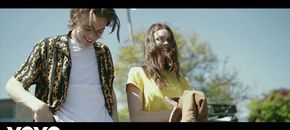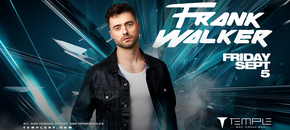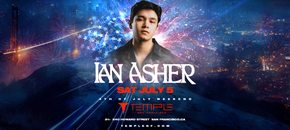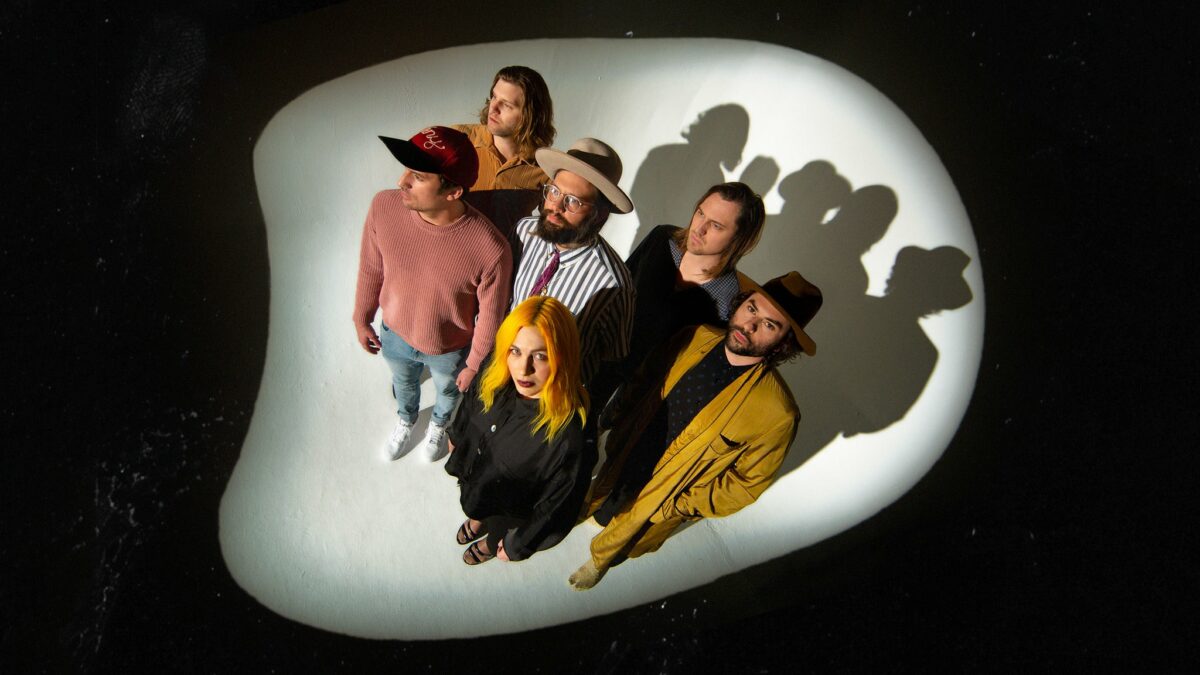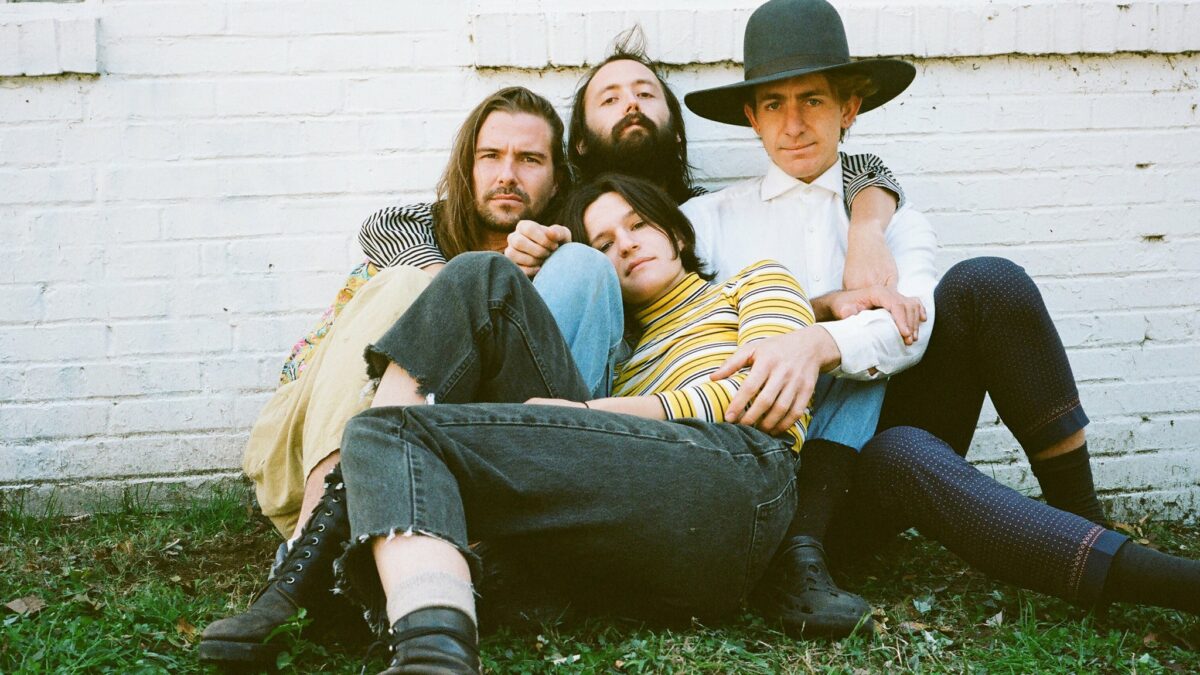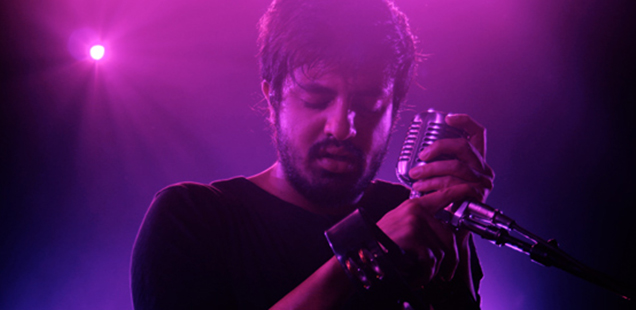Q&A: RJD2 Brings ‘More Than It Isn’t’ to 1015 Folsom
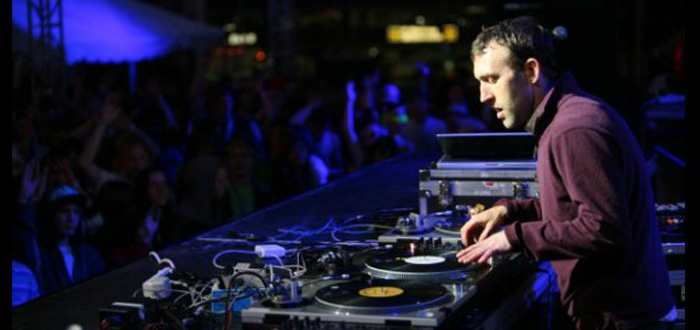
RJD2, born Ramble John “RJ” Krohn, has a deep catalog of tracks that span hip hop, electronica, instrumental, rock and nu jazz that defy any one particular genre.
Once a Bay Area resident, the producer/turntablist now now calls Philly home. He returns to 1015 Folsom on December 12 to showcase new music from his latest record, More Than It Isn’t, released in October.
Are you a fan of Star Wars?
Yeah, I am, even though it wasn’t the origin of my artist name so to speak. Well, I mean I should say it was, but my fandom was not the origin of the name. I kind of bequeathed the name from a rapper friend.
What type of music were you exposed to growing up in Columbus, Ohio?
My parents were performers and my mother was a dancer in a modern dance group in Columbus. My first exposure that I remember were a lot things you could possibly consider medio-classical. Philip Glass, Laurie Anderson and Kraftwerk were records that I recall having around the house.
Was the hip hop culture your primary reason for eventually settling in Philadelphia?
The music history was alluring, but the main reason was probably…well, my girlfriend wanted to leave at the time. We were living in Columbus and in 2002, she wanted to get out. I was having to go to New York for work a lot, so moving east, there were advantages to it. We have more friends here in Philly than Columbus. The real estate was cheap, and the history of music. It made sense from a lot of different perspectives.
Did you ever think that your tracks “The Horror” and “Ghostwriter” would be such runaway successes in media and advertising?
I was just making a record at the time. Still in hindsight it seems strange that anything I’ve done would have any type of appeal and utility in the world of advertising and television and movies. I wasn’t really thinking about those things in those terms. I was always focused on making a good record. If licensing came out of that, that’s great. I frankly never really expected and didn’t foresee that happening.
How did you have your song “A Beautiful Mind” become the opening for the television show, Mad Men?
It was a fairly unromantic story. The record came out and shortly after they came to us asking us to license the song for the show. There was a fair amount of back and forth over a period of time. I eventually relented and just kind of rolled the dice on it and that was that. It kind of happened the same way any license would happen.
How did you get the idea and where did you learn to perform on four turntables simultaneously?
When I first started touring, I would be in this scenario where I was making a record and it would be limiting. It was difficult to expand on the songs or really break things down into any sort of depth. The most obvious step was just to have another DJ rig next to it. Once I started practicing like that, it made things a lot easier. I can plan, I can think of a routine and in the middle of it, I can be setting up in the next routine. Basically it’s just two DJ rigs live side by side and flanked by a sampler on either edge. So, it was really born out of necessity.
Your new album, More Than It Isn’t, is primarily instrumental; do you plan to continue to make more instrumental music or is it more of a temporary style or mood?
Well, I see everything as temporary. With all due respect, the nature of this question is in essence the assumption that I would like to be labeled as anything. It’s kind of like, pick what you would like to be called going forward—pick A or pick B. From my perspective, it’s not that I don’t like A or B better, I’d rather not be put in a box with A or B and have to choose to do something for the rest of my life. Does that make sense?
I honestly also see these things, the idea of instrumental versus vocal music, as existing on a spectrum as opposed to being a black and white thing, you know? This record has vocalists on it, it has rappers on it. Do they dominate the whole record? No. Is it mostly instrumental? Yes. But they’re still there and that doesn’t mean that I think they play any less importance than the instrumental songs just because there’s more instrumental on it.
What would you say you did differently on your latest record compared to previous releases?
This was the first record that I went into it, that I’ve made in a while, that I had gone into it without really any preconceived notion or intention of what I wanted the record to sound like. I wasn’t working on a master plan and in addition to that, a lot of the songs were just not on a criteria basis—that kind of balance, number of vocalists, number of instrumentalists. I was selecting songs that ended up on the album largely by instinct. Kind of just not thinking about it to some degree a lot more than I have in the past. Of my entire career, this is the record I have thought about the least.
